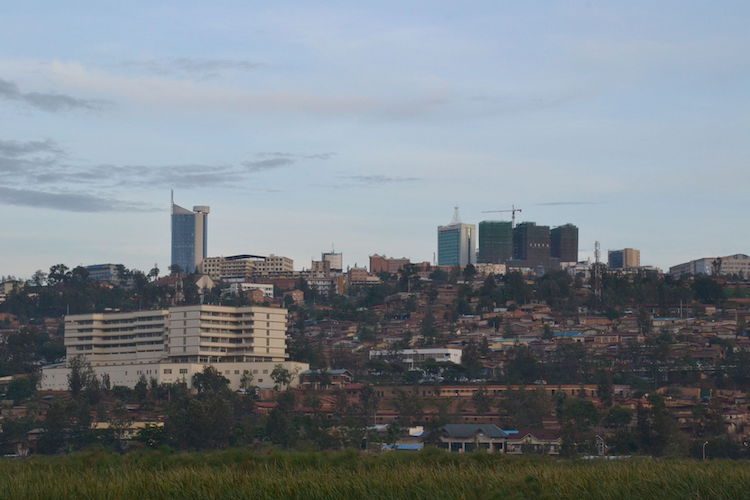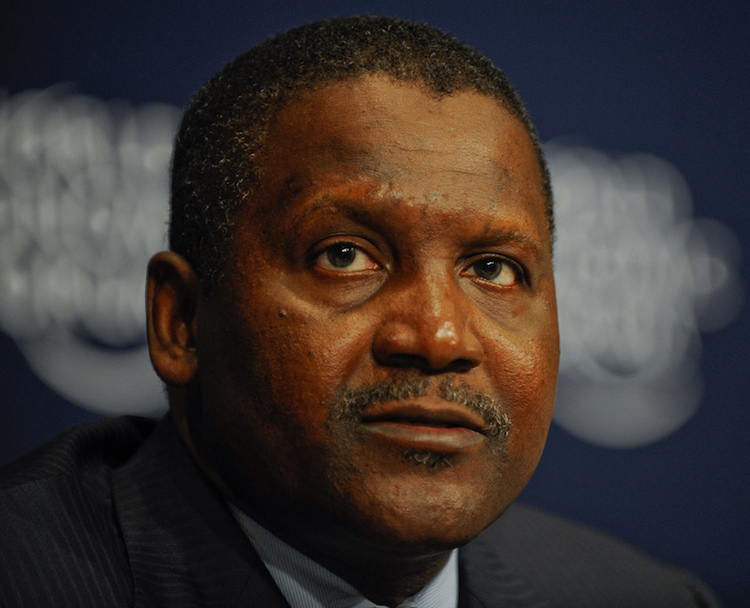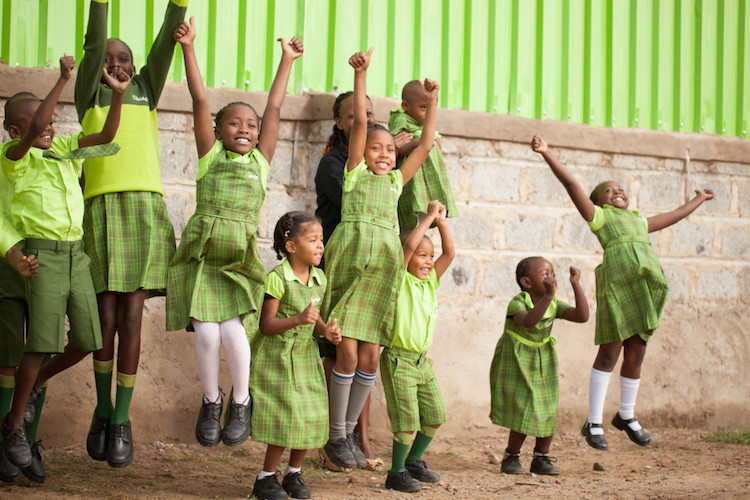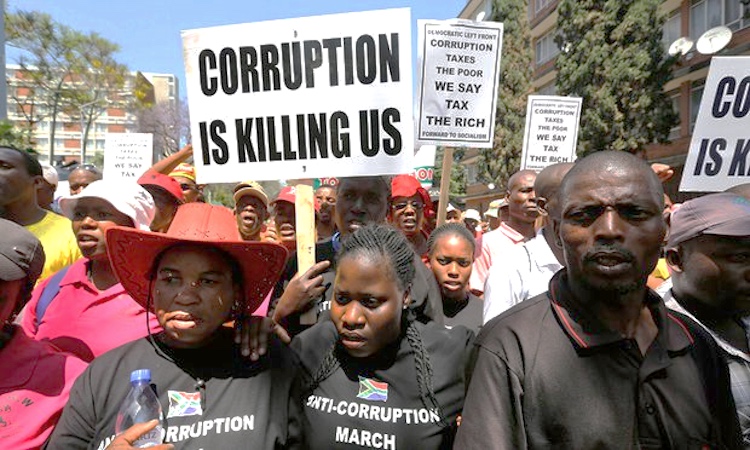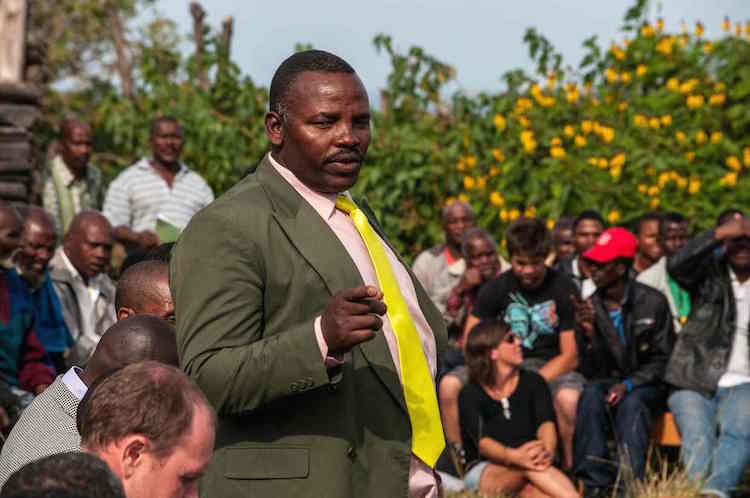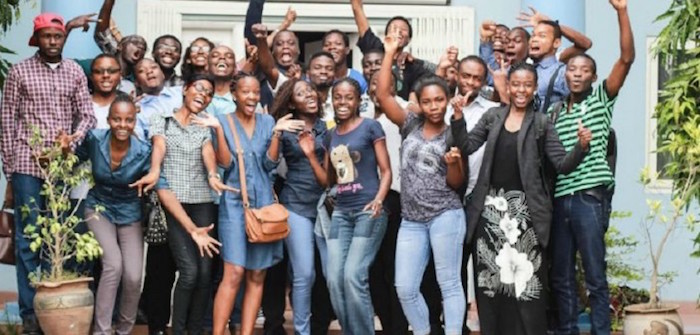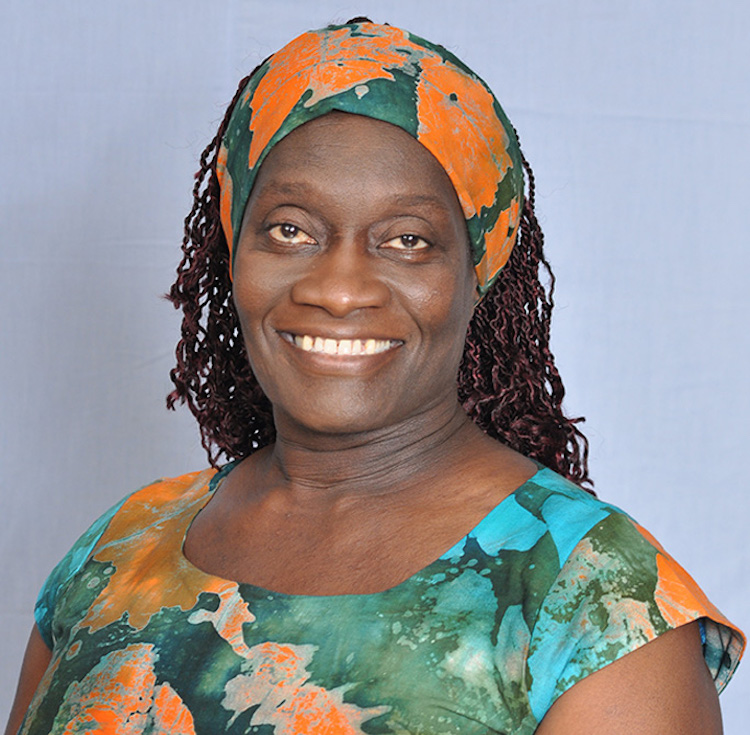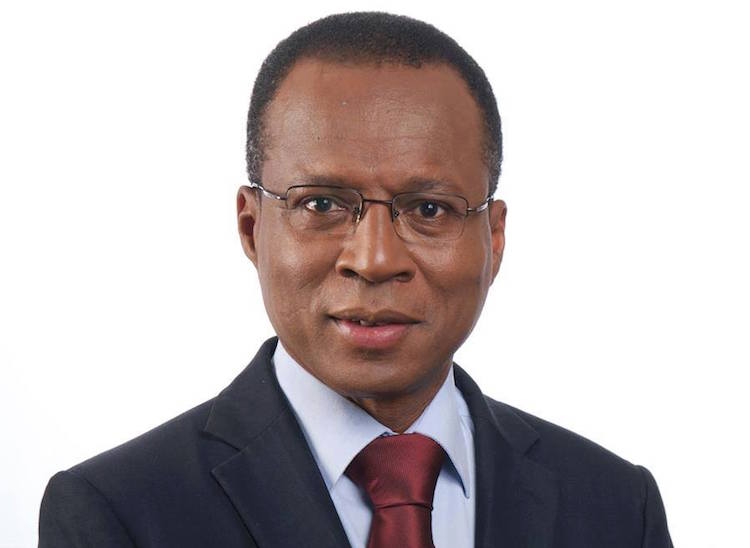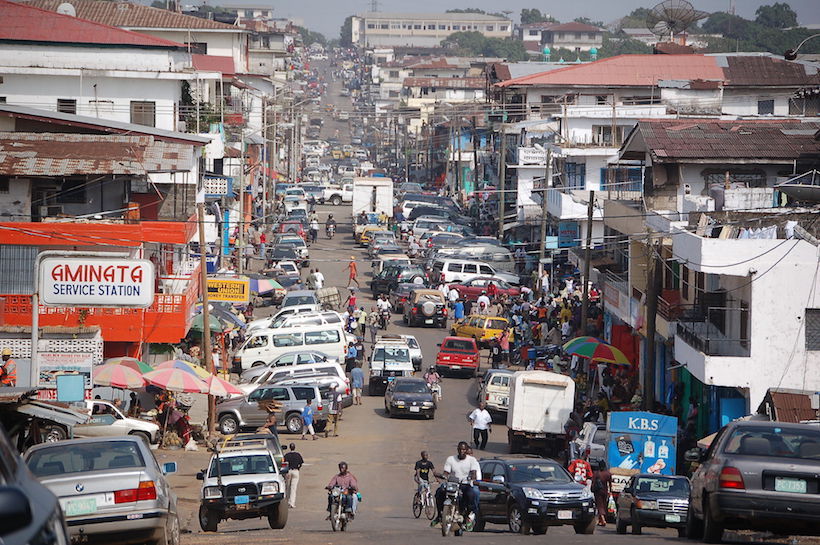By Busani Bafana
KIGALI (IDN | Africa Renewal) – Rwanda’s moniker, “land of a thousand hills,” not only attests to the country’s unique geography but also suggests the trajectory of Kigali through its many crises to become a model sustainable city.
Kigali is one of Africa’s rising cities: it is clean and organised and, thanks to an ambitious national development plan, the city has become an ultramodern metropolis that boasts recognizable social, economic and environmental successes. It is a city under construction, in which new buildings are fast replacing outdated ones. Tarred, dual-carriage roads crisscross Kigali, providing a seamless connection between urban settlements and the fog-covered countryside uplands. The city is now a preferred destination for many organizers of international conferences.
It is easy to understand why Kigali sparkles. Among other impressive environmental measures, city government banned the importation of non-biodegradable plastics and designated a day each month for the residents to clean the city and spruce up the surroundings. It is difficult to find litter on Kigali streets.

